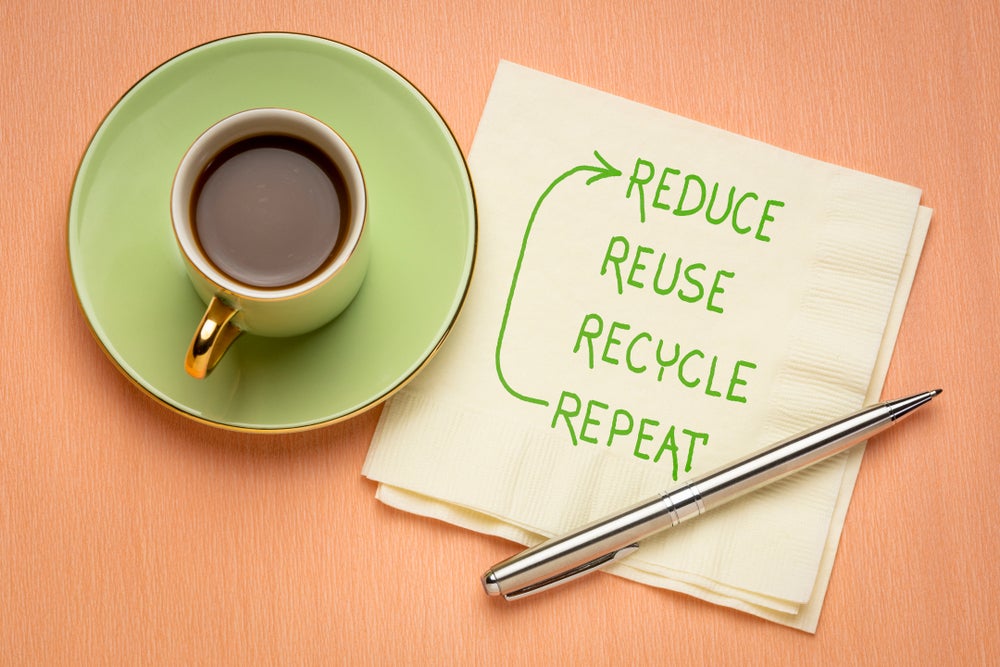
The proposed Extended Producer Responsibility (EPR) for textiles, has come under scrutiny by environmental advocates and industry stakeholders who have voiced their concerns regarding the effectiveness of the proposal.
The proposed revision of the Waste Framework Directive, presented on 5 July 2023, is garnering attention for its focus on addressing critical waste streams, particularly textiles.
In a joint statement, a number of signatories called on policymakers to fully implement the polluter pays principle to address the textile waste crisis in the European Union.
Industry stakeholders including the Changing Markets Foundation, Zero Waste Europe, Recycling Network Benelux, the Environmental Coalition on Standard and the European Environmental Bureau presented the need for a more comprehensive approach to several key concerns with the proposed EPR for textiles and offered recommendations for improvements:
- Setting targets for waste prevention, collection, reuse, and recycling: The proposal falls short of setting explicit targets for waste prevention, collection, reuse, and recycling for textiles. The signatories stress the importance of introducing waste prevention targets for food and textiles, emphasising that tackling fast fashion trends is essential to reducing textile waste. a) Waste management performance targets: The absence of performance targets is believed to hamper the development of effective waste management strategies. The signatories call for the adoption of performance targets, drawing inspiration from successful EPR models in the Netherlands and France.
- Eco-modulation as an incentive: The EPR system should promote better product design and waste prevention rather than acting as a mere fee for producers. Eco-modulation should be enhanced to encourage eco-friendly design and address the environmental impact of textile production.
- Volume criterion for eco-contribution fees to tackle fast fashion: Introducing volume-based fees for the number of new items placed on the market can incentivise brands to prioritise quality over quantity, reducing the overall environmental footprint of textiles.
- A fund for change and justice: A portion of EPR fees, at least 10%, should be allocated to fund reuse and repair operations, fostering a more sustainable and profitable textile sector.
- Annual waste compositional analysis: Conducting annual waste compositional analyses will enhance data availability, enabling targeted interventions to reduce textile items ending up as residual waste.
- Preventing textile exports of waste: The proposal should include regular inspections and strict penalties to deter companies from exporting waste disguised as used textiles. Exported textiles’ actual reuse and their environmental impact should be monitored closely.
- Reforming the governance framework of EPR schemes: The existing governance of EPR schemes is said to be “inherently flawed”, leading to corporate capture and insufficient environmental outcomes. Signatories propose various reforms to ensure a more democratic and environmentally effective governance framework such as granting national governments greater control to ensure a democratic policy-making process with a broader range of stakeholders and involving all stakeholders, such as social enterprises, municipalities, waste managers, and NGOs, in the decision-making process for EPR schemes, rather than limiting them to an observing role.
- Inclusion of online marketplaces in EPR obligations: Online platforms should verify producer registration in EPR registries before listing products and be held liable for non-compliance with EPR schemes.
- Expanding the scope of EPR schemes: Items like mattresses and carpets, which are often landfilled or incinerated, should be included in EPR schemes to promote circularity in the industry.
- Shorten EPR transition period: The signatories stress the urgency of addressing these issues, especially the excessively long transition period, which could lead to further incineration of textiles and impose additional burdens on municipalities and taxpayers.



